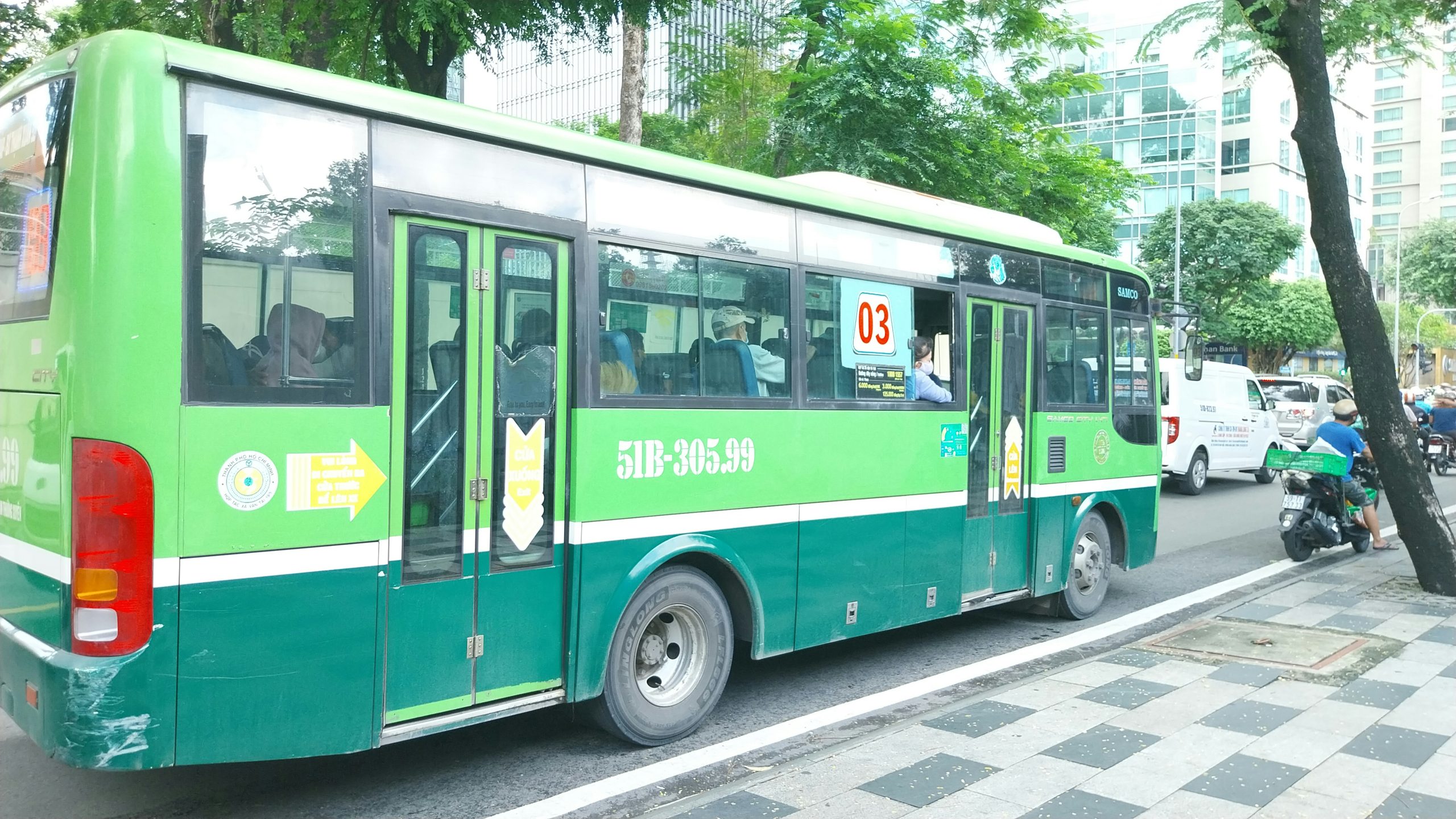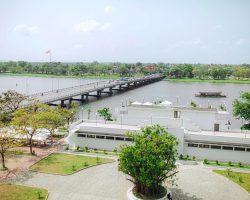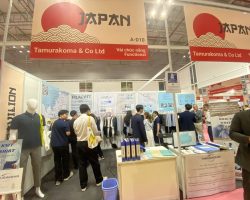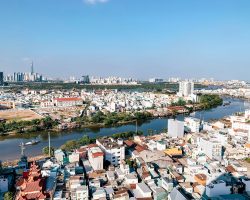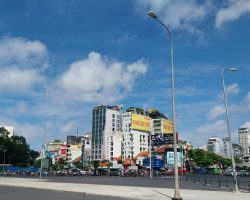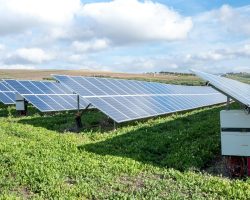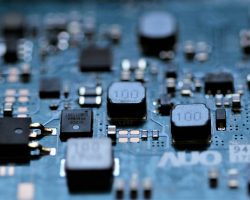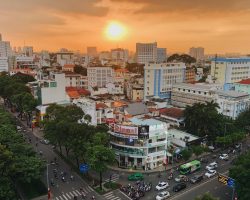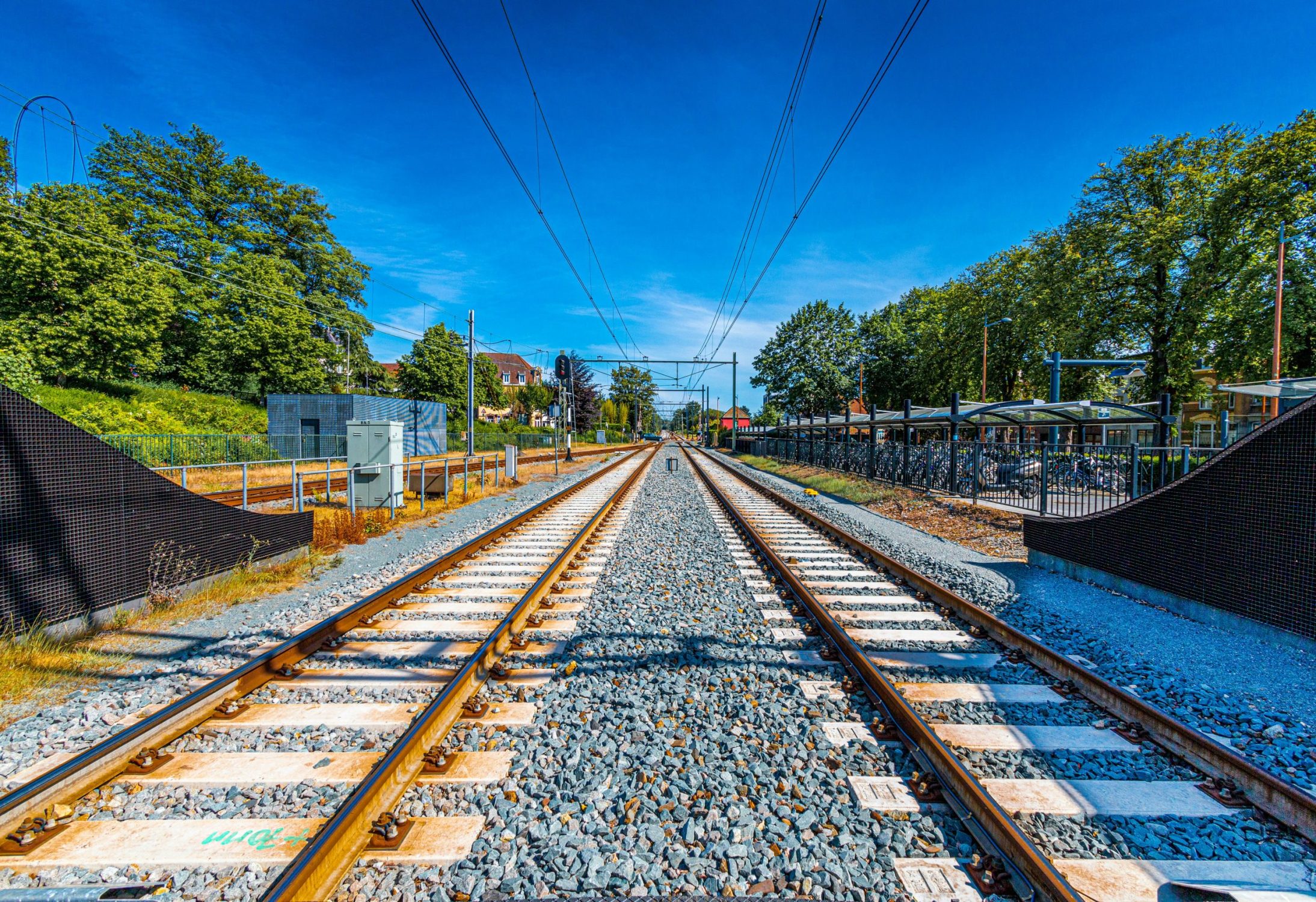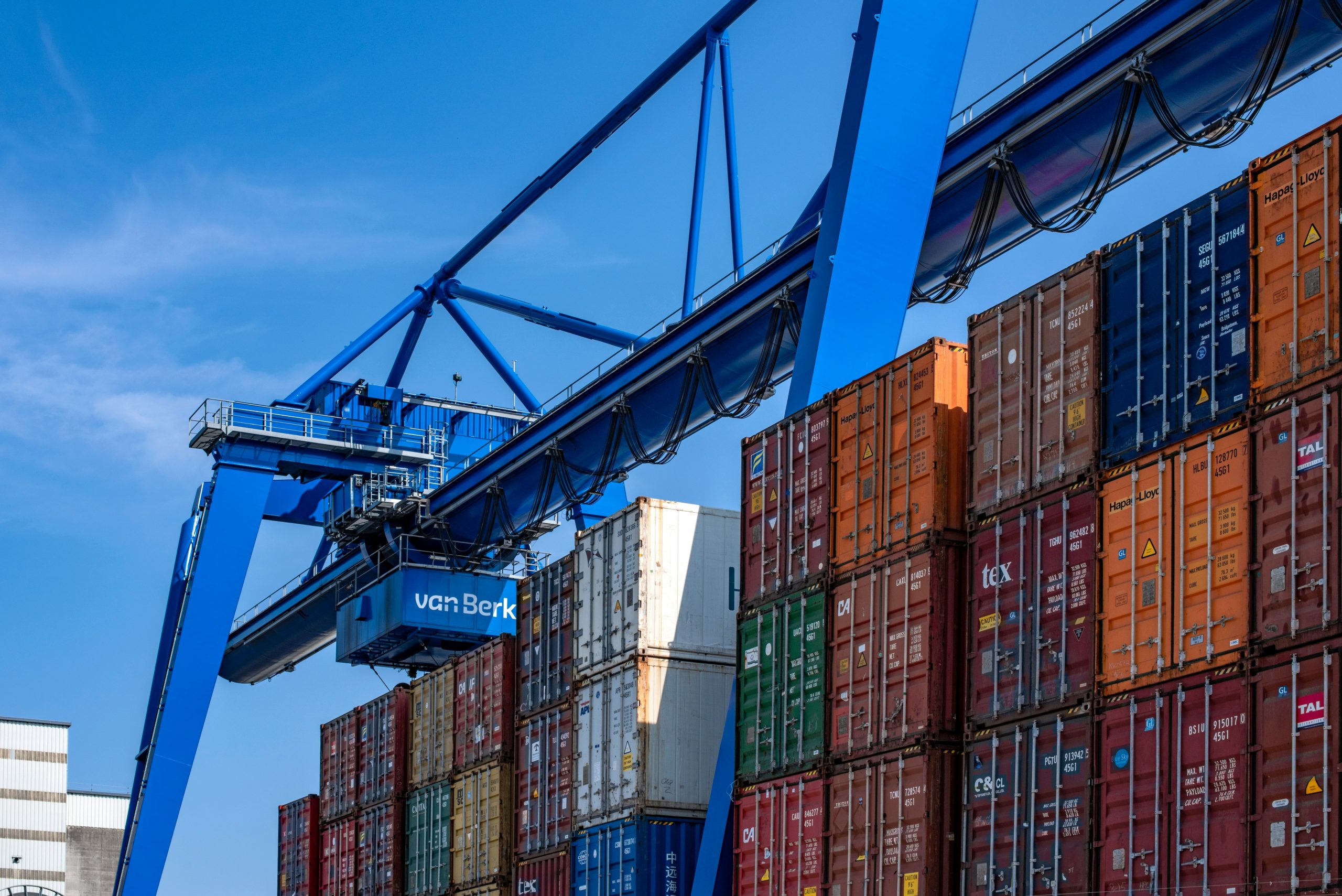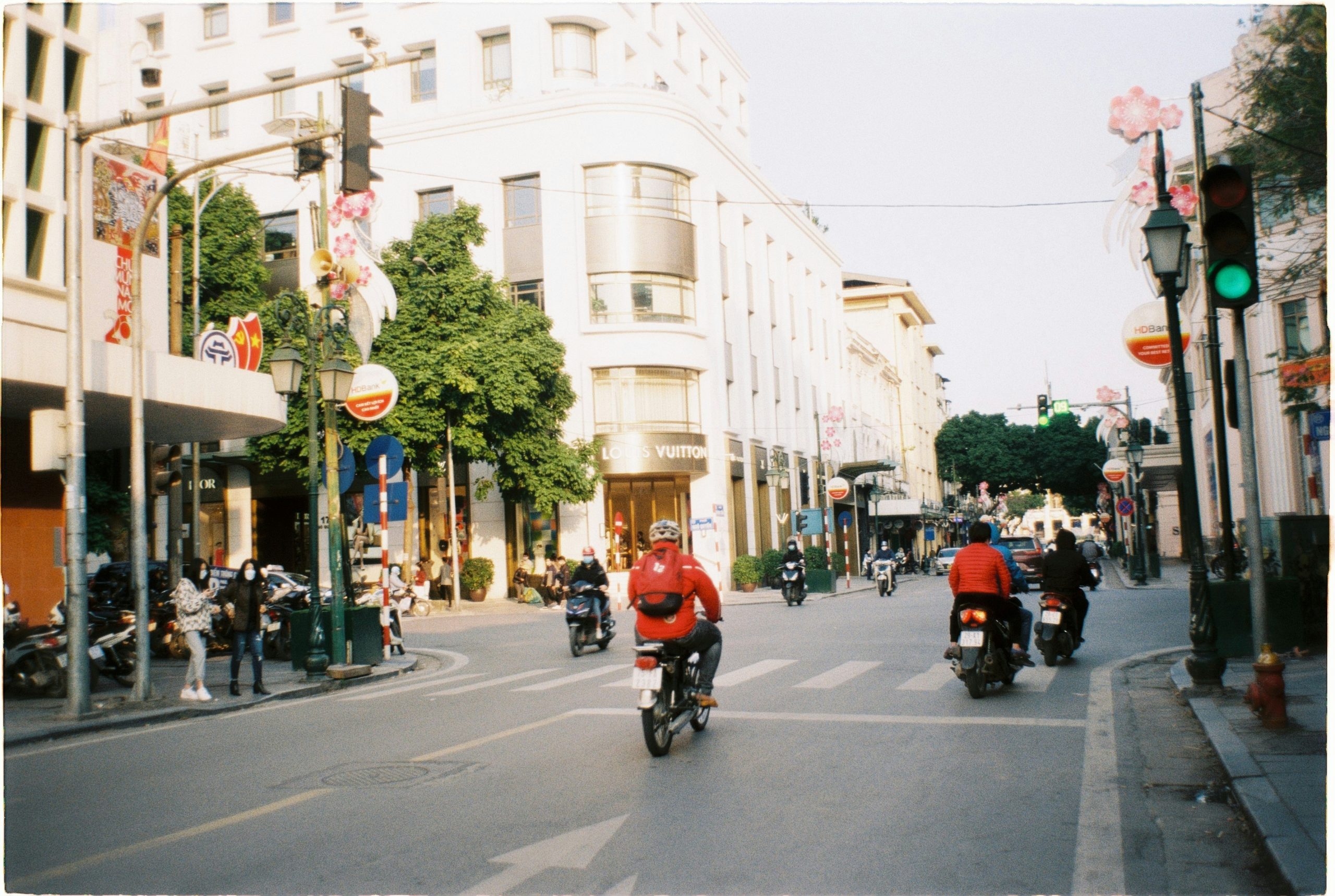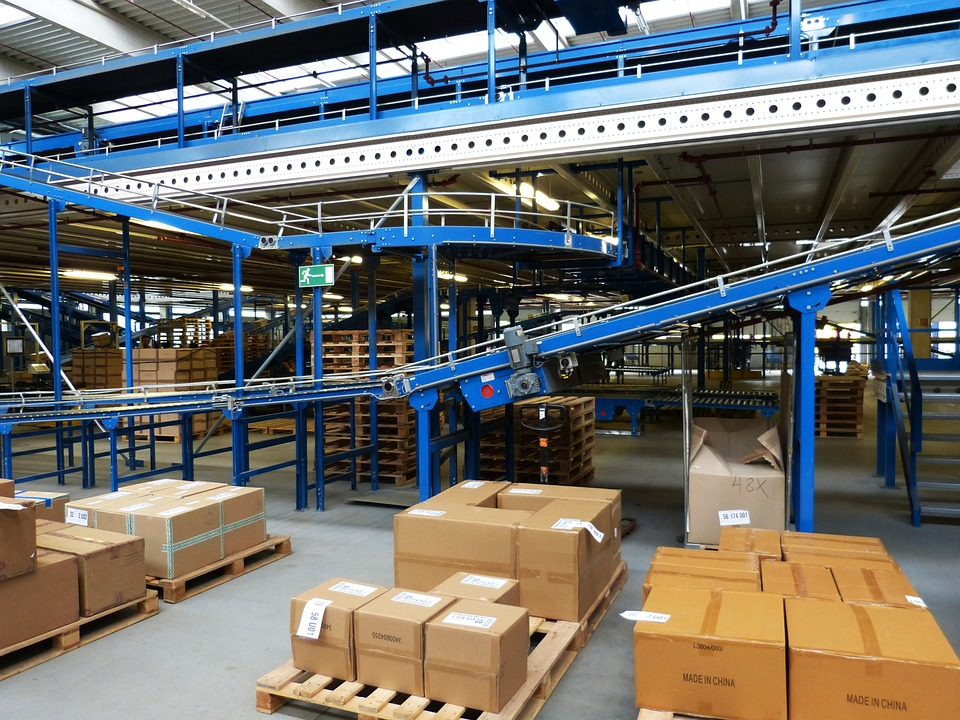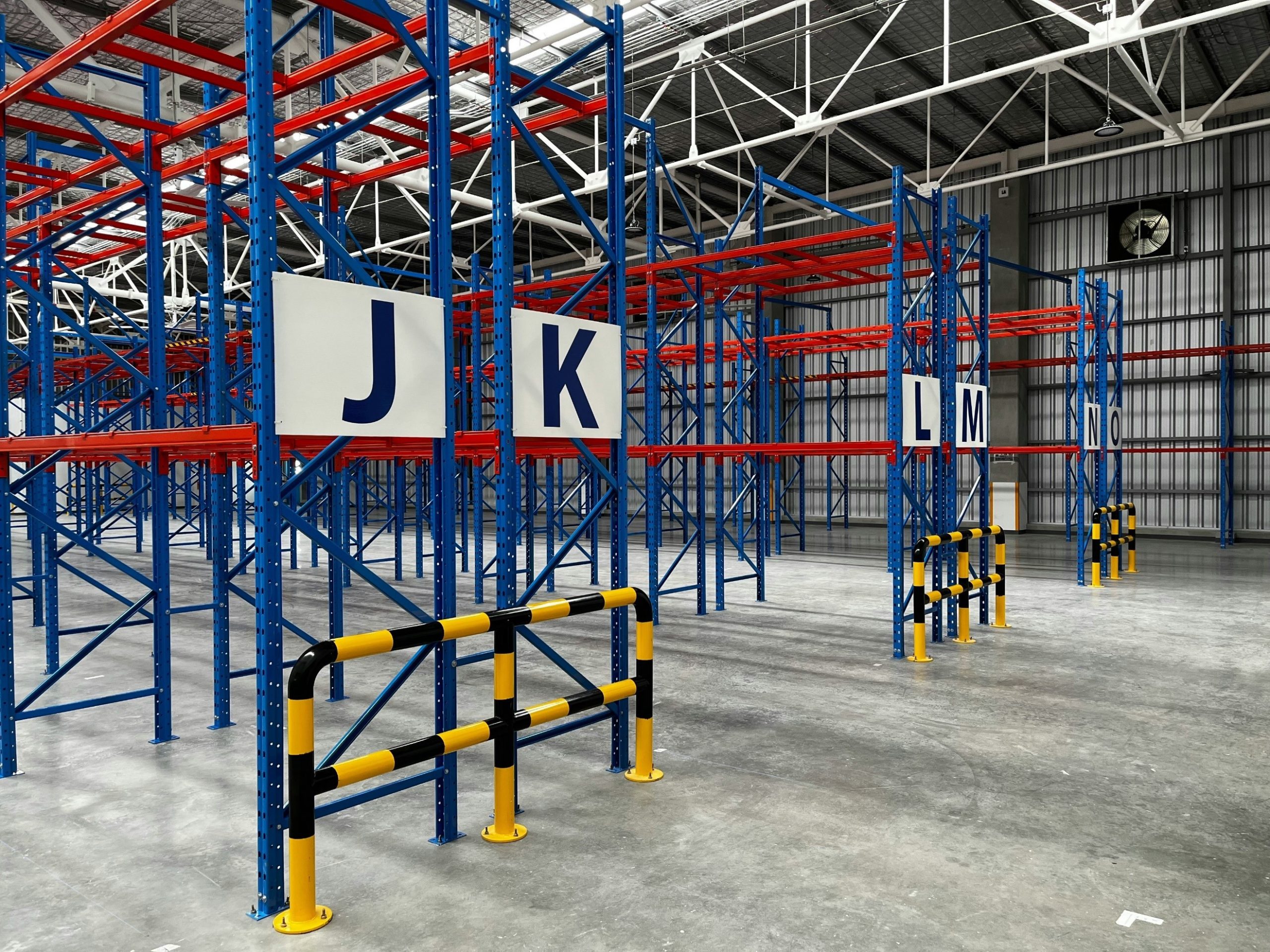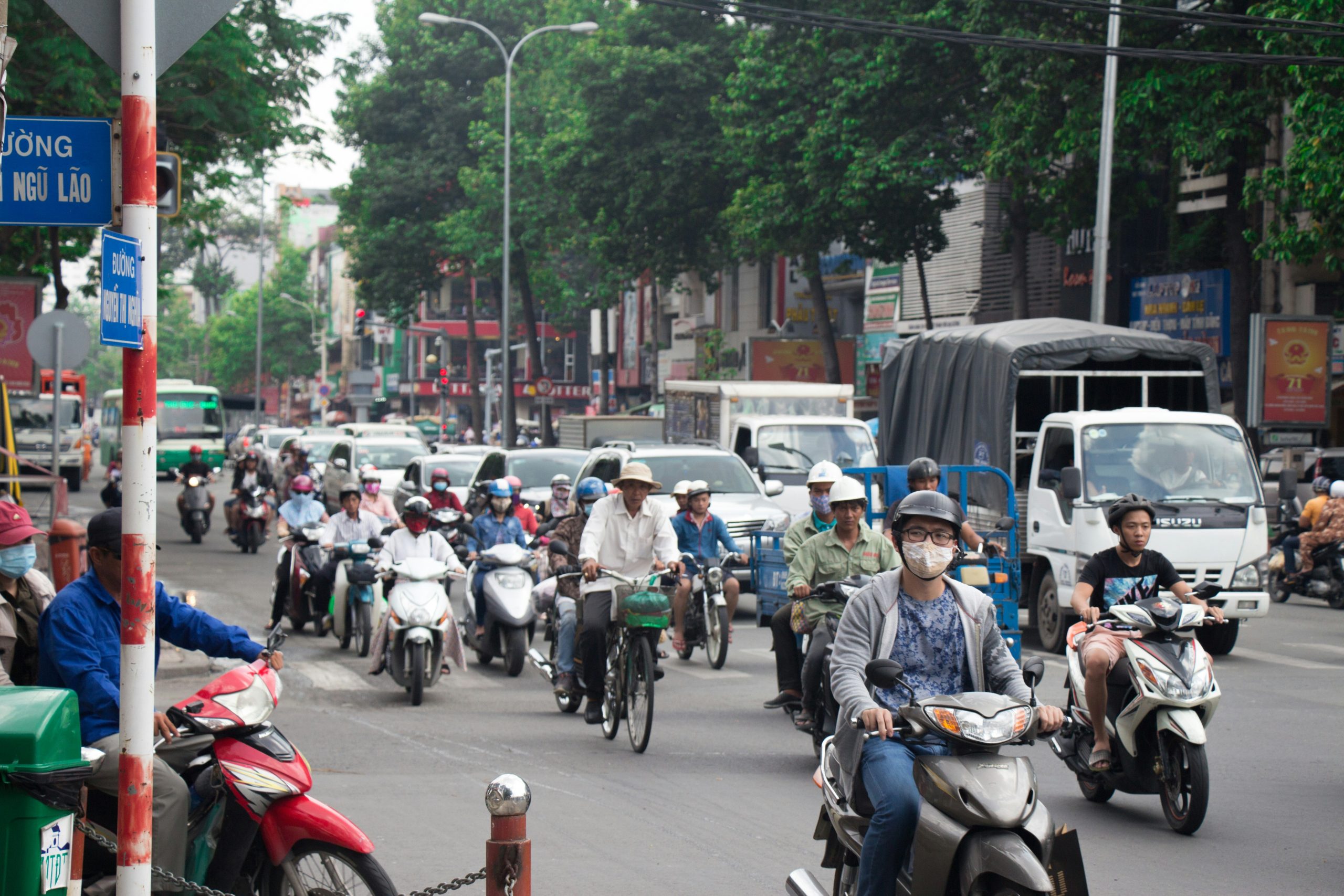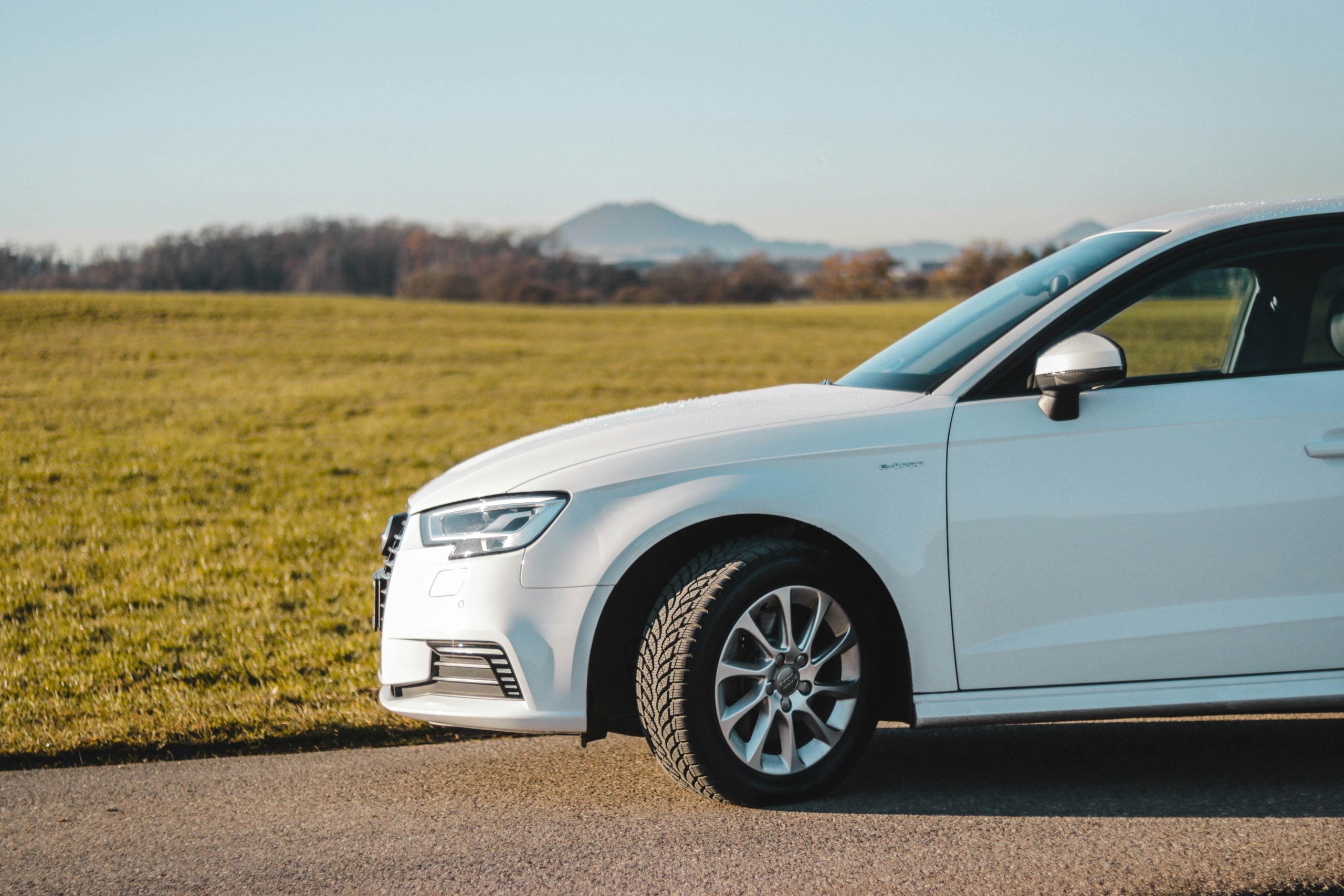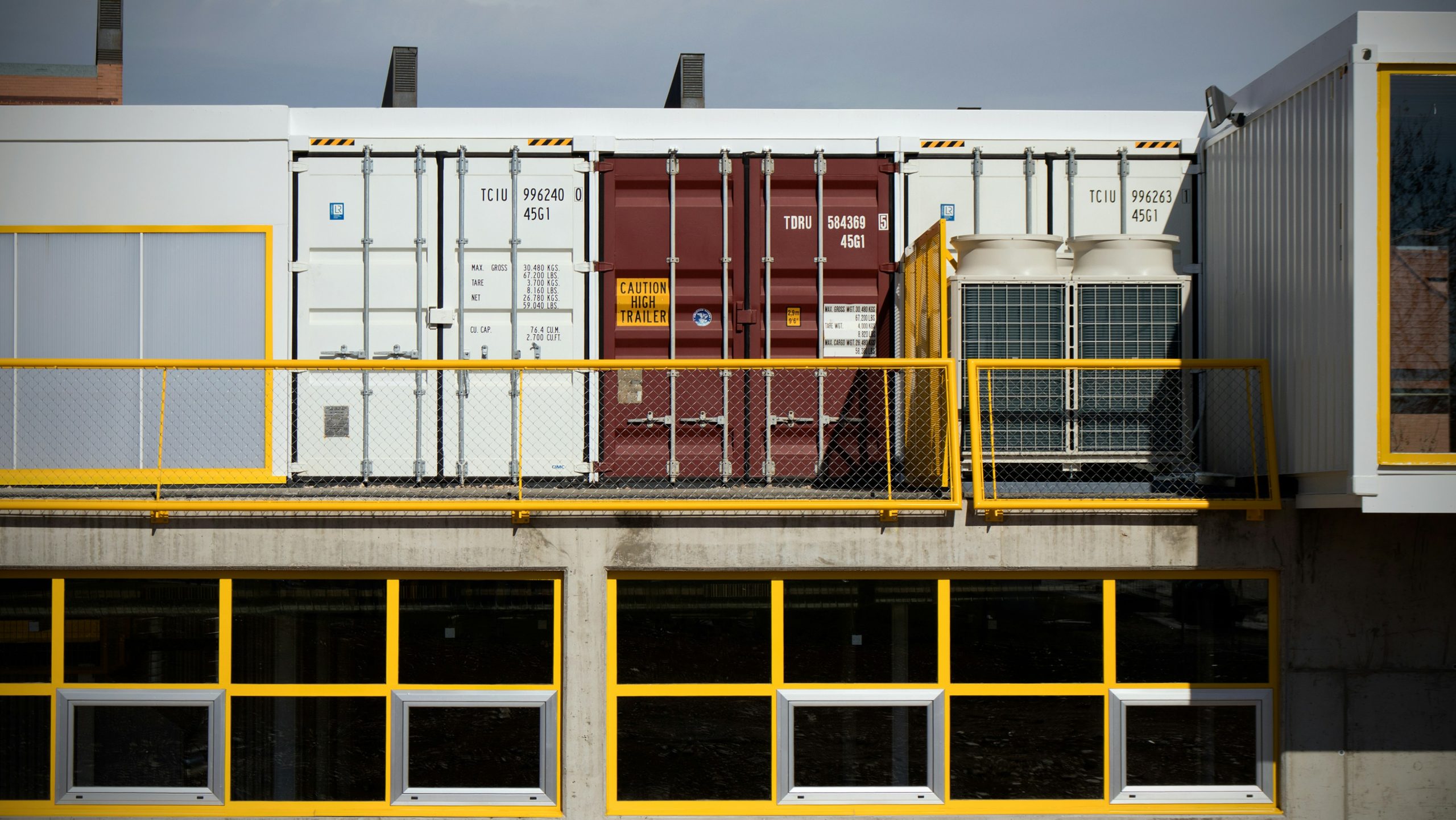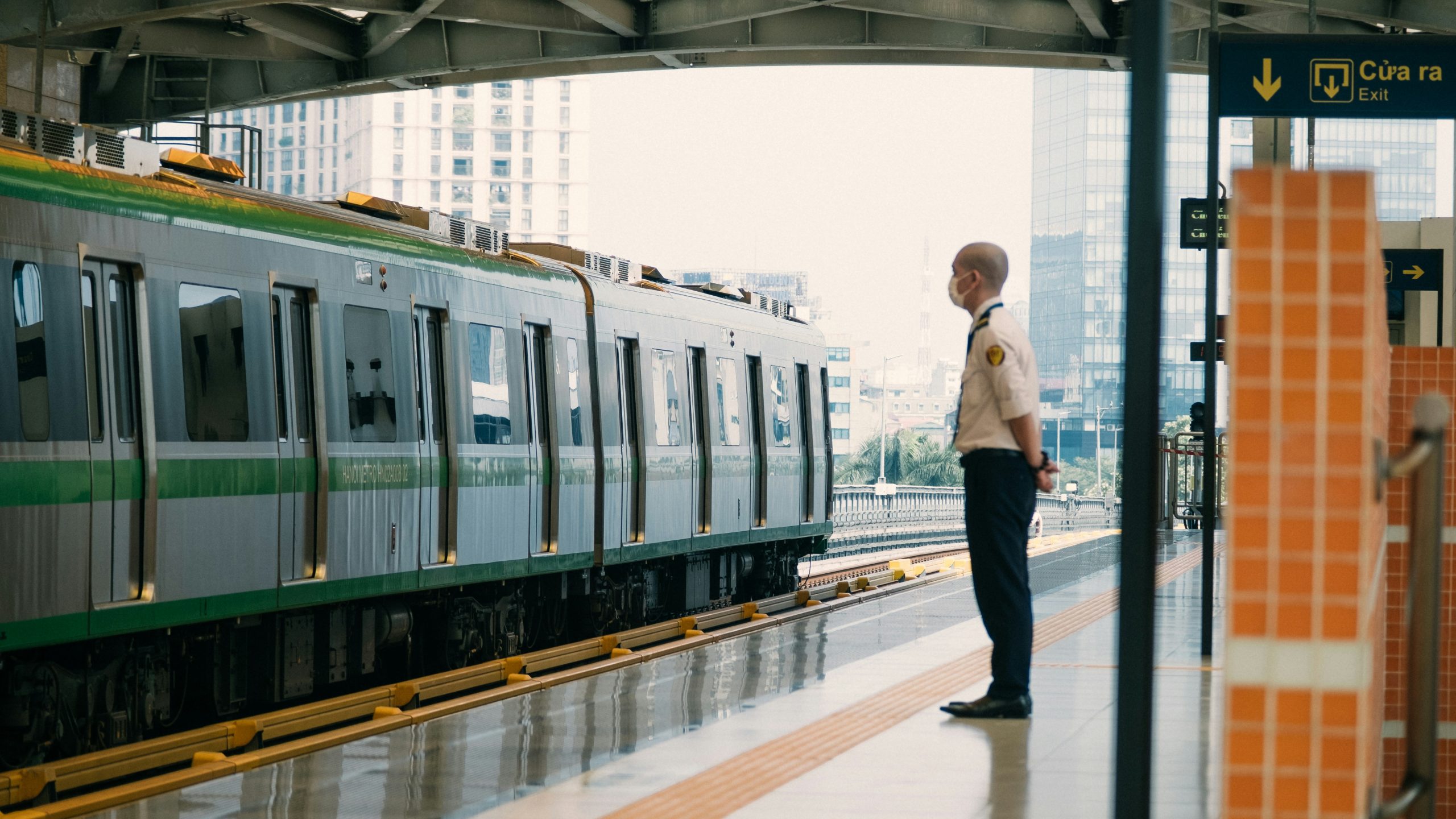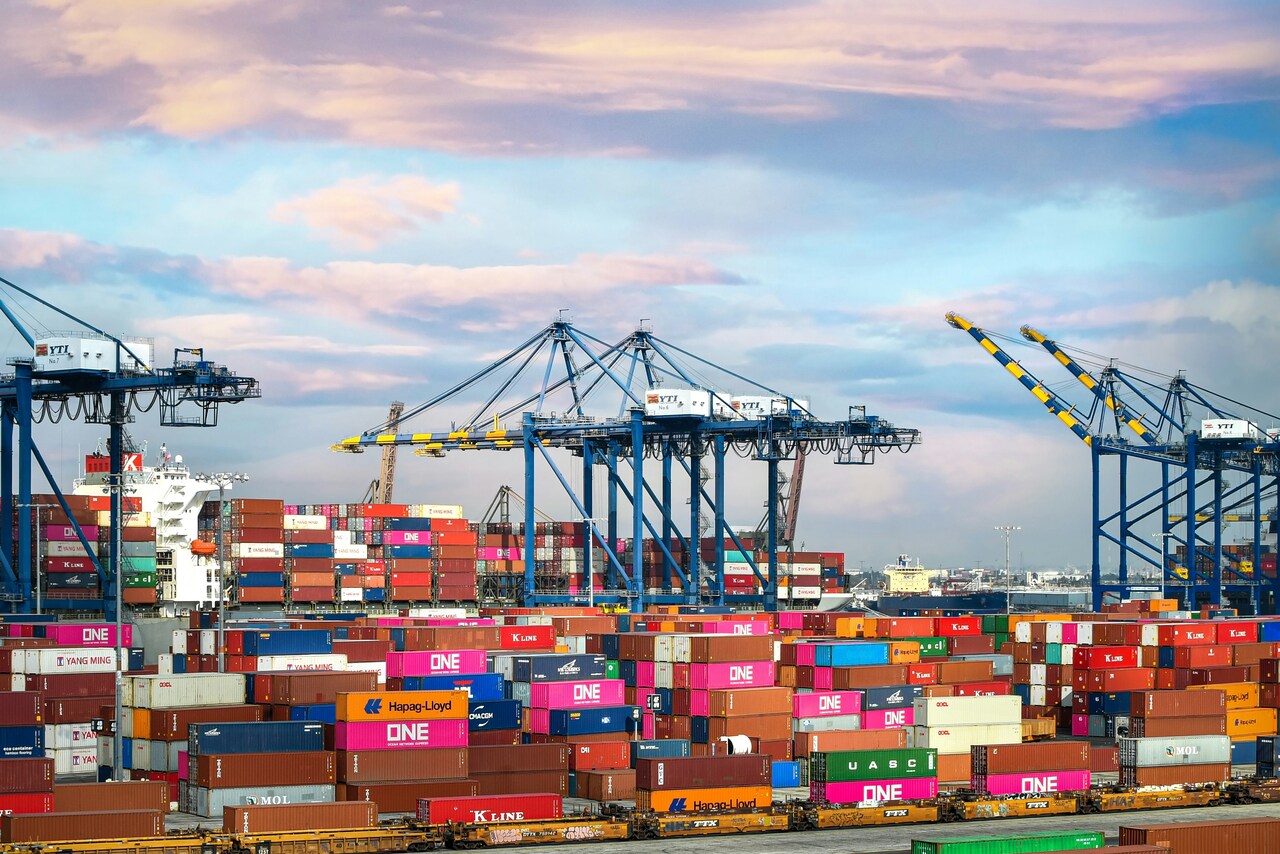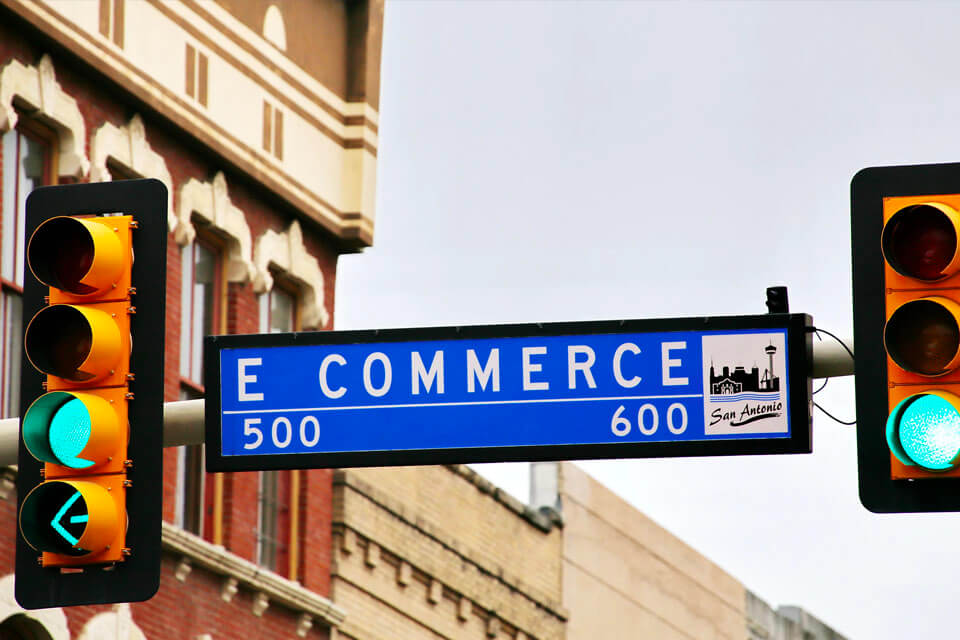Introduction to Vietnam’s transportation sector and the push for electrification
Vietnam’s transportation sector is at a critical moment, with increasing efforts to embrace electrification as a key solution to urban congestion and environmental challenges. Electric buses have become a focal point in this transition, aligning with global trends towards cleaner mobility to reduce pollution and dependency on fossil fuels.
In Hanoi and Ho Chi Minh City, the bus-to-population ratio is under 0.2%, contributing to frequent traffic congestion. To meet public transport demand, it is estimated that with a target ratio of 0.8 buses per 1,000 residents, Hanoi and Ho Chi Minh City would need an additional 5,000 to 6,000 buses[1].
Currently, Vietnam has about 8,800 buses, 89% of which are diesel-powered, 8% are Liquefied Natural Gas/ Compressed Natural Gas buses and 3% is electric buses.
| Hanoi | 호치민시 | |
| Current buses | 1,300 | 3,000 |
| Ideal number of buses | 6,300 to 7,300 | 8,000 to 9,000 |
Brief overview of electric buses in Vietnam
The adoption of electric buses is relatively new in Vietnam but has gained significant momentum. The country’s electric bus network serves a diverse range of passengers, including commuters, students, and tourists. An internal Vinbus report in 2024 reveals that the proportion of commuters using regular buses is about 25-30%, while for electric buses, the proportion is 89%, three times higher than that of regular buses, indicating a strong demand for green public transport solutions[2]. Electric buses are gaining popularity among workers due to their convenient routes linking suburban areas with major urban centers. They offer a less stressful alternative to personal vehicles, which often face heavy traffic on long inner-city commutes. Additionally, their affordability, modern features, and reliable service make them an attractive option for urban residents.
VinBus – an electric bus service operated and manufacturer by VinGroup, is the primary provider of electric buses in Vietnam, currently operates 286 electric buses, accounting for 3% of the total bus fleet. These green buses are mainly concentrated in Hanoi (202 buses), Phu Quoc (51 buses), and Ho Chi Minh City (33 buses).[3] Electric buses cost 7,000 – 9,000 VND/trip while diesel or CNG buses cost 8,000 – 20,000 VND/trip depending on the distance. In general, for inner-city areas, the fares of the two types of buses are relatively equal and diesel or CNG buses have an advantage because they are deployed on more routes.
Vinbus in Hanoi route
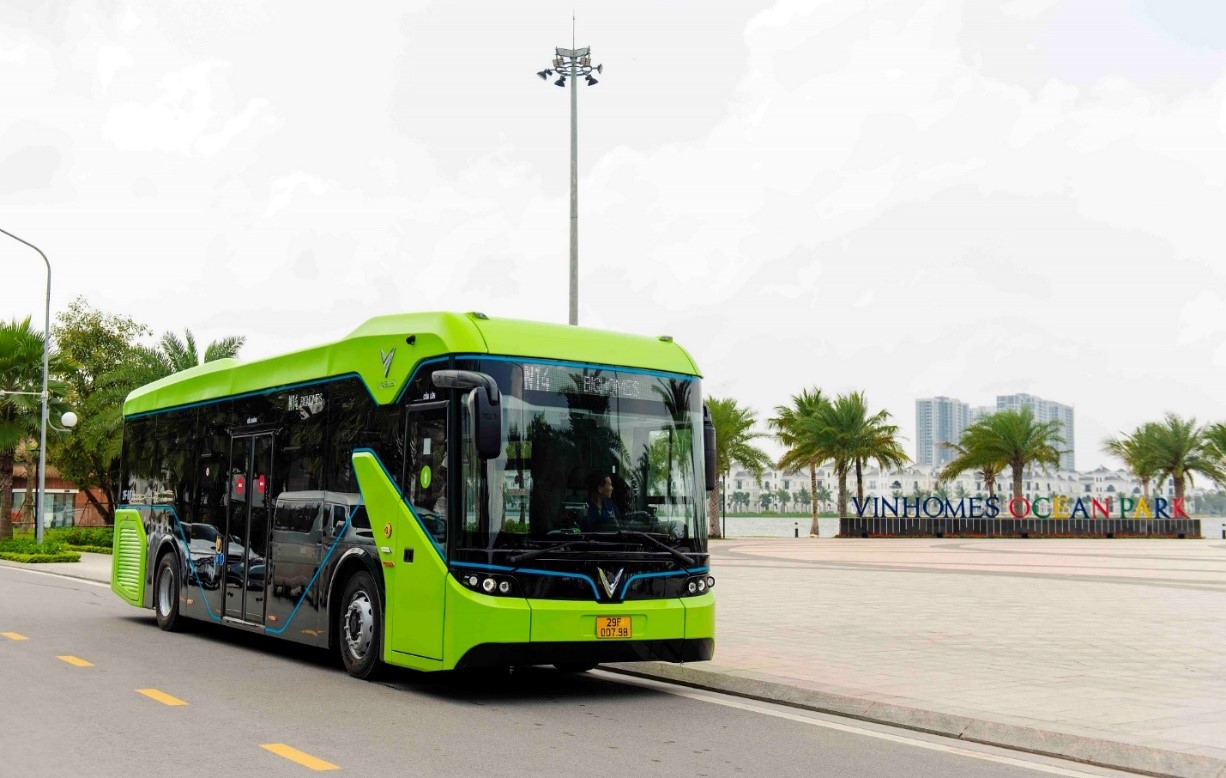
Source: Vingroup
Current Electric Bus Initiatives in Vietnam
The Vietnamese government has implemented various policies to promote the development of electric vehicles (EVs) and the necessary infrastructure. Notably, Decision 876/QD-TTg, issued by the Prime Minister on July 22, 2022, approved the action plan for green energy transition and reducing carbon and methane emissions in the transportation sector. The plan clearly outlines that by 2025, 100% of new or replacement buses will use electric or green energy. By 2030, the same requirement will apply to taxis. By 2050, 100% of buses and taxis are expected to run on electric or green energy [4].
In Ho Chi Minh City, the roadmap specifies that by 2025, the city will convert 395 buses to clean energy, bringing the total number of green buses to 899, which will account for around 36% of the city’s bus fleet. By 2030, over 1,800 buses will be converted, representing approximately 73%. In particular, the Cần Giờ District, designated as a “green ecological city,” will be prioritized for a 100% electric bus pilot project, with no use of internal combustion engine vehicles.[5]
To encourage transport companies to invest in electric buses, Ho Chi Minh City offers financial support, including loans covering up to 85% of project costs (up to VND 300 billion) at a 3% interest rate for seven years, with the city subsidizing the rate difference. Companies also receive exemptions from registration and import taxes, a five-year special consumption tax reduction, and direct subsidies for new bus purchases.
Hanoi aims to have 50% of its buses powered by electricity and the other 50% by compressed natural gas (CNG) or liquefied natural gas (LNG) by 2030, with a financial plan of VND 43 trillion for this phase (2026-2030).[6]
The development of electric buses in Vietnam is supported by public-private partnerships (PPPs). The government collaborates with private companies and international organizations to accelerate EV adoption. For example, VinBus won a contract worth over VND 1.9 trillion to supply electric bus services in Hanoi, demonstrating the scale and importance of these partnerships in Vietnam’s transition towards green transportation.[7]
Challenges Facing the Adoption of Electric Buses in Vietnam
While the advantages of electric buses are clear, Vietnam faces several challenges in fully realizing the potential of this technology.
One of the major hurdles for electric bus adoption in Vietnam is the high upfront cost of infrastructure and operation. For instance, electric bus operations in HCMC reported a loss of over VND 33 billion after two years of service, underscoring the financial challenges that operators face in the early stages of electrification.[8]
Vietnam currently faces a shortage of EV charging stations, which is crucial for the efficient operation of electric buses. At present, only VinBus operates electric bus routes with its own network of 108 dedicated charging stations [9]. Although the government acknowledges the need to expand the country’s charging infrastructure, substantial investment and development are still required to meet future demand.
Solutions and Future Outlook
Vietnam’s electric bus revolution is likely to accelerate through increased collaboration with international organizations and countries experienced in EV adoption. For instance, VinFast, another subsidiary of VinGroup, secured USD 135 million in international funding from The Asian Development Bank to expand its electric bus systems.[10]
Vietnam’s electric bus market is still in its early stages, with VinBus being the sole player so far. This presents a promising opportunity for experienced investors from more developed markets to tap into this emerging sector.
[1] https://dangcongsan.vn/cung-ban-luan/xanh-hoa-di-chuyen-cong-cong-khong-the-cham-tre-671885.html
[2] https://tuoitre.vn/89-hanh-khach-dung-buyt-dien-la-nguoi-di-lam-20240425131654097.htm
[3] https://dangcongsan.vn/cung-ban-luan/xanh-hoa-di-chuyen-cong-cong-khong-the-cham-tre-671885.html
[4] https://dangcongsan.vn/cung-ban-luan/xanh-hoa-di-chuyen-cong-cong-khong-the-cham-tre-671885.html
[5] https://tuoitrethudo.vn/tp-ho-chi-minh-phat-trien-xe-buyt-dien-quyet-giam-phat-thai-metan-259724.html
[6] https://vnexpress.net/ha-noi-du-kien-chi-43-000-ty-dong-dau-tu-xe-buyt-xanh-4762141.html
[7] https://baodauthau.vn/vinbus-trung-thau-hon-1900-ty-dong-cung-cap-dich-vu-xe-buyt-o-ha-noi-post149571.html
[8] https://vnbusiness.vn/dia-phuong/tuyen-xe-bus-dien-o-tp-hcm-lo-hon-33-ty-dong-sau-2-nam-van-hanh-1099676.html
[9] https://laodong.vn/xa-hoi/tram-sac-xe-dien-giai-phap-thuc-day-phat-trien-xe-buyt-xanh-1315276.ldo
[10] https://khoahocphattrien.vn/cong-nghe/vinfast-huy-dong-duoc-135-trieu-usd-de-phat-trien-he-thong-xe-buyt-dien/2022102603525956p1c859.htm
| 주식회사 비앤컴퍼니
2008년부터 베트남에서 시장 조사를 전문으로 하는 최초의 일본 기업입니다. 업계 보고서, 업계 인터뷰, 소비자 설문 조사, 비즈니스 매칭을 포함한 광범위한 서비스를 제공합니다. 또한, 최근 베트남에서 900,000개 이상의 기업에 대한 데이터베이스를 개발하여 파트너를 검색하고 시장을 분석하는 데 사용할 수 있습니다. 문의사항이 있으시면 언제든지 문의해주세요. [email protected] + (84) 28 3910 3913 |
다른 기사를 읽어보세요


